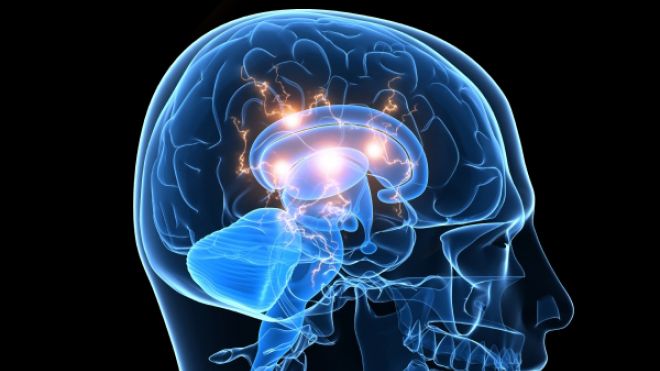Neuropsychiatrist in Malleshwaram

Contact : +919483715617
A neuropsychiatrist is a medical doctor who specializes in understanding and treating the relationship between neurological and psychiatric conditions. Unlike general psychiatrists, who focus primarily on mental health, neuropsychiatrists delve deeper into how disorders of the brain can impact emotions, behavior, and overall mental well-being. Their expertise lies at the intersection of psychiatry and neurology, giving them unique insight into conditions that manifest with both physical and psychological symptoms.
Education and Training
To become a neuropsychiatrist, one must complete an extensive educational pathway. It starts with a medical degree (MD or DO), followed by a residency in psychiatry or neurology. After this foundational training, a physician will undertake a fellowship in neuropsychiatry, usually lasting two to three years. This specialized training focuses on understanding the brain-behavior relationship, diagnostic skills, and the management of complex neuropsychiatric disorders. Neuropsychiatrists may also engage in research, contributing to advancements in understanding how the brain affects mental processes.
Key Areas of Focus
The field of neuropsychiatry is especially relevant in treating patients with disorders where there is a clear overlap between neurological and psychiatric symptoms. Common conditions that neuropsychiatrists treat include:
-
Traumatic Brain Injury (TBI): Neuropsychiatrists often treat individuals who have suffered head injuries, as these can lead to cognitive, emotional, and behavioral changes. Their role is to manage symptoms like memory loss, mood swings, and personality changes associated with TBI.
-
Neurodegenerative Diseases: Conditions such as Alzheimer’s, Parkinson’s, and Huntington’s diseases often present with both neurological and psychiatric symptoms. A neuropsychiatrist helps manage depression, anxiety, and psychosis that frequently accompany these illnesses.
-
Epilepsy and Seizure Disorders: Certain types of epilepsy, especially temporal lobe epilepsy, are associated with psychiatric symptoms like depression, anxiety, and even psychosis. Neuropsychiatrists work alongside neurologists to create treatment plans that address both seizure control and mental health.
-
Mood and Cognitive Disorders Linked to Neurological Disease: Neuropsychiatrists also focus on patients with conditions like multiple sclerosis (MS) and stroke, where cognitive impairment, depression, and anxiety can severely impact quality of life.
-
Neurodevelopmental Disorders: Disorders like autism spectrum disorders (ASD), attention-deficit/hyperactivity disorder (ADHD), and Tourette syndrome often present with neuropsychiatric symptoms. Neuropsychiatrists assess these individuals to provide comprehensive treatment that may involve medication, therapy, and lifestyle adjustments.
Diagnostic Approaches and Treatments
Neuropsychiatrists utilize a combination of diagnostic techniques, including neuroimaging (MRI, CT scans), neuropsychological testing, and clinical interviews to assess the cognitive, emotional, and behavioral status of their patients. Treatment is often multi-faceted, integrating medication, psychotherapy, lifestyle changes, and in some cases, advanced interventions like transcranial magnetic stimulation (TMS) or deep brain stimulation (DBS).
Medications prescribed by neuropsychiatrists range from antidepressants, antipsychotics, and mood stabilizers to anti-epileptic drugs, depending on the patient’s unique symptoms and diagnosis. Cognitive-behavioral therapy (CBT) and other evidence-based therapeutic approaches are often recommended in tandem with medication.
Challenges in the Field
Neuropsychiatry is a complex field, as it requires practitioners to have an in-depth understanding of both psychiatry and neurology. Diagnoses are often challenging, as symptoms can overlap significantly, and each case may present uniquely. Additionally, many neuropsychiatric conditions have limited treatment options, and neuropsychiatrists must often work closely with other medical professionals, including neurologists, psychologists, and occupational therapists, to develop an integrated care plan.
Impact and Future Directions
The field of neuropsychiatry is rapidly advancing with research in genetics, neuroimaging, and pharmacology. As our understanding of the brain improves, neuropsychiatrists are better equipped to provide more targeted and effective treatments for complex conditions. Their role is essential in developing personalized care for patients with neuropsychiatric conditions, improving both their quality of life and societal understanding of these intricate illnesses.
